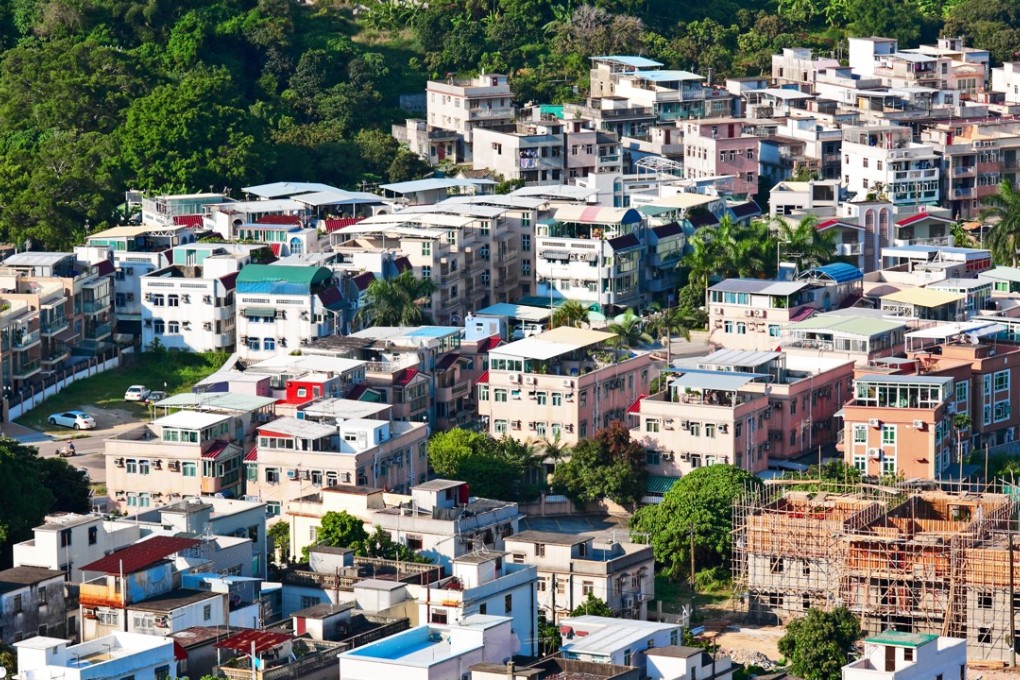Thousands of Hong Kong’s small houses illegally sold to developers, study reveals
Research group urges the government to curb the illegal sales of small house rights in the New Territories

Land rights for at least 23 per cent of more than 42,000 small houses built for indigenous villagers in the New Territories over the past four decades are suspected to have been illegally sold to developers through secret contracts, according to a study by an independent concern group.
The Liber Research Community, a local NGO focusing on land and development policies, on Thursday launched the city’s first database mapping the 9,878 small houses potentially involved in illegal trading in nine districts in the New Territories.
The group urged the government to make use of the database and other findings of their year-long study to investigate suspected conspiracies made against the authorities to buy land cheaply.
The government was also urged to suspend applications for building small houses in districts where the trading of rights was found to be most active, and tighten scrutiny of applicants’ living and finance conditions.
Since the small-house policy took effect in 1972, the government has allowed each male indigenous villager to build one small house – which has at most three storeys and a limit of 700 sq ft for each floor – in the New Territories countryside.
Entitled villagers could obtain land from the government by paying discounted or zero premium.